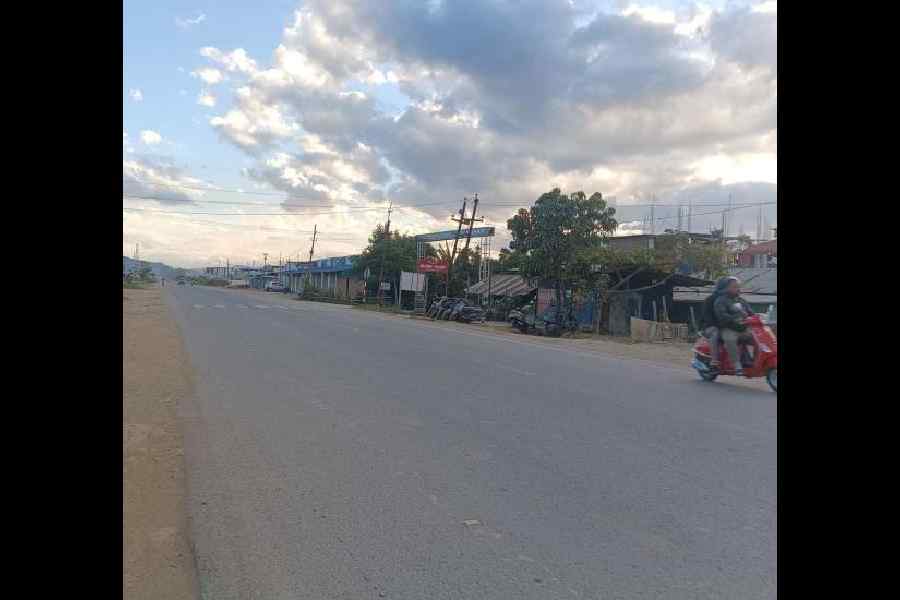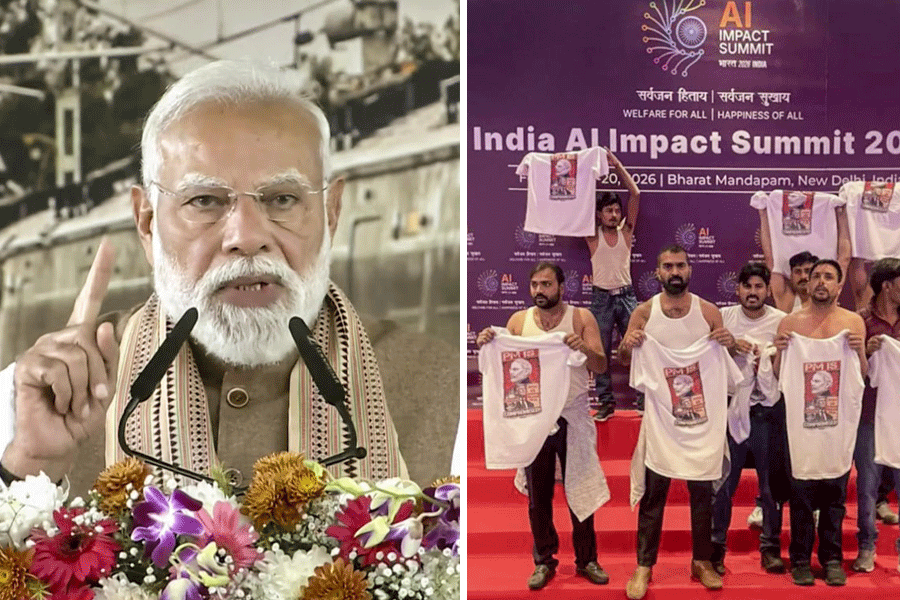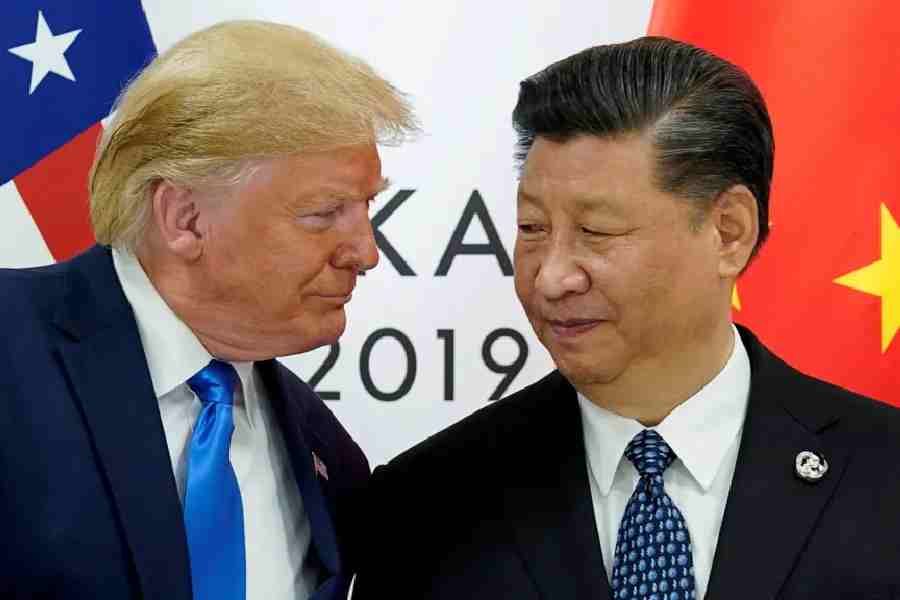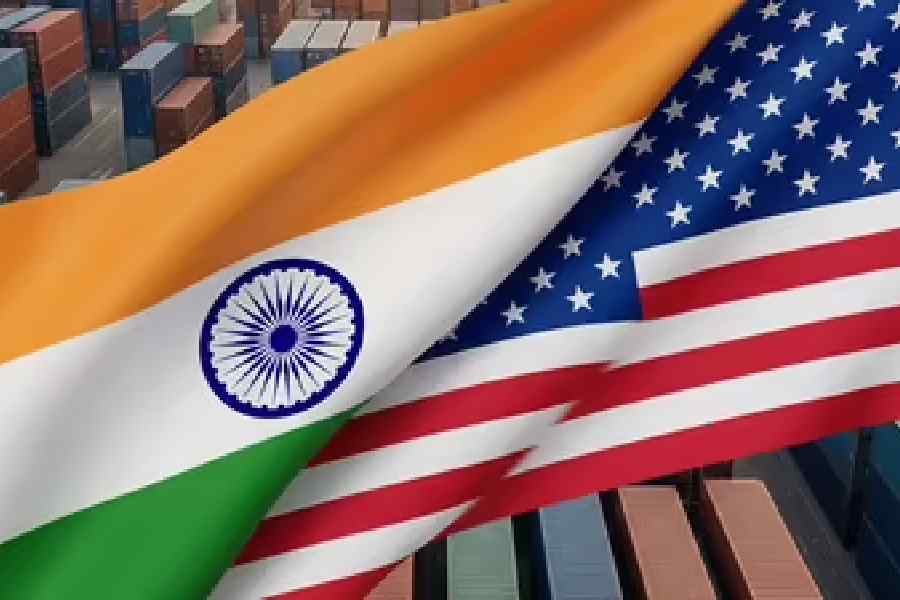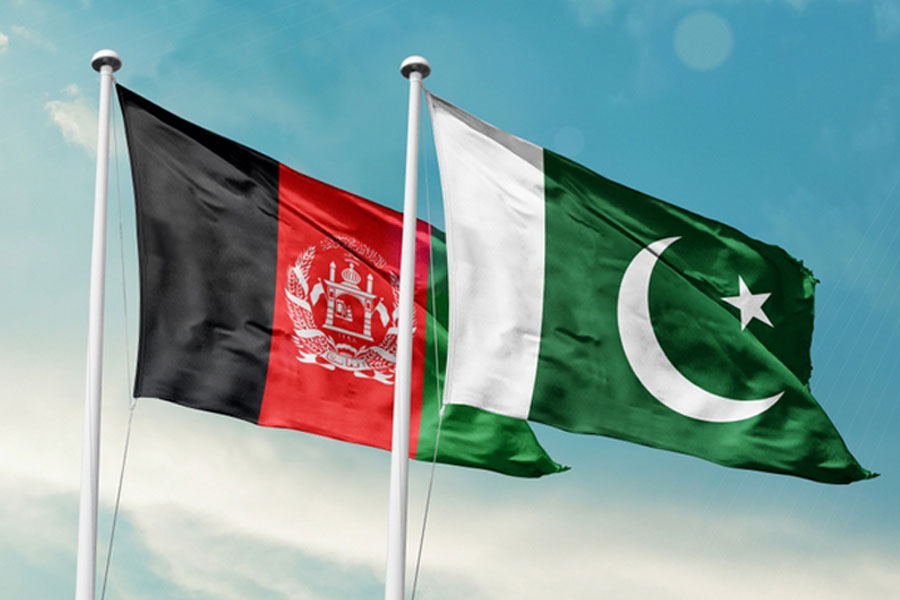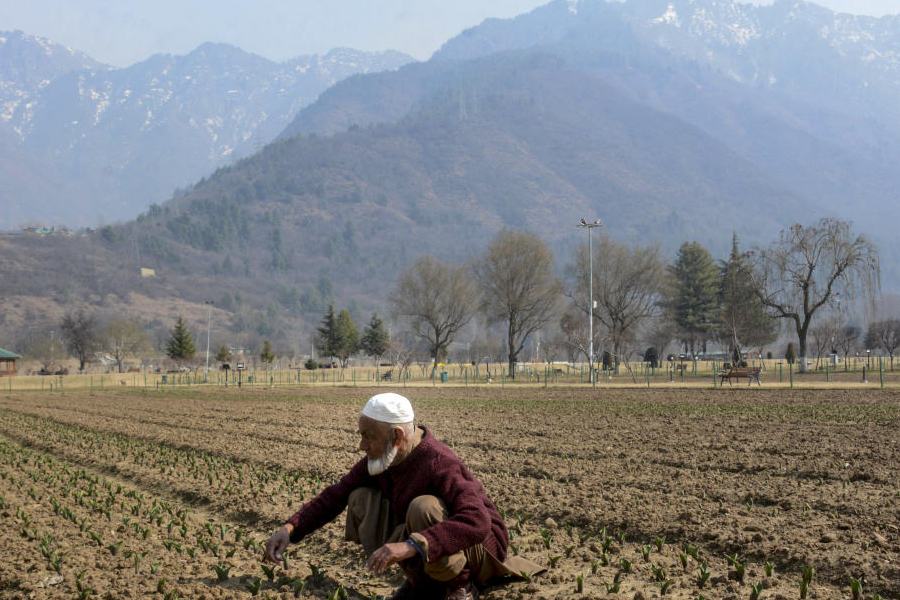The ten-day Sangai Festival in Manipur, scheduled to begin on November 21, has run into rough weather as opposition grows over the state government’s decision to proceed with the flagship tourism event amid continuing ethnic strife.
A 24-hour general strike on Wednesday, called by the banned rebel outfit KCP-MC (Progressive) in protest against the festival, brought normal life to a halt across the valley districts. The outfit had announced the boycott and strike on November 9, citing the prevailing law and order crisis.
Shops, schools, colleges and markets remained shut across Imphal valley, while attendance in government offices was thin. Vehicular traffic on major roads was also sparse. The rebel strike will be followed by sit-in protests by internally displaced persons (IDPs), who are demanding their resettlement and rehabilitation before any public festivities are organised.
The IDPs, displaced by the ethnic conflict that erupted on May 3, 2023, leaving at least 260 dead and over 60,000 displaced, were the first to raise objections against the festival. Many have been living in relief camps for over a year.
The Sangai Festival is being held after a two-year gap owing to the ongoing conflict. The festival, named after the endangered Sangai deer, is an annual showcase of Manipur’s diverse culture, indigenous arts, crafts and traditions. It was first held in 2003 and rebranded in 2010 as the Sangai Festival.
The Coordinating Committee on Manipur Integrity (Cocomi), a leading valley-based civil society organisation, has lent support to the IDPs and announced a boycott of the festival. It has called for a total cease-work on November 21 and urged residents to remain indoors in protest.
“We have declared a boycott of the Sangai Festival with a ceasework on November 21, the opening day. Our message to the President’s Rule government is clear — restore the fundamental rights of Manipur’s people first. Security and justice before festival façade. No peace, no Sangai Festival,” Cocomi convenor Khuraijam Athouba told The Telegraph on Wednesday.
“Not just government employees, we are appealing to the people to stay indoors and hold sit-in protests in their localities, declaring ‘We will not take part in Sangai Festival 2025’,” he added.
Manipur is currently under President’s rule.
Govt appeal
Despite growing opposition, the state government issued an appeal on Tuesday urging people to participate in the festival with “enthusiasm and pride.” Chief secretary Dr Puneet Kumar Goel, in a statement, said that while relief and rehabilitation of IDPs remains the government’s top priority, the Sangai Festival is equally important for economic revival.
“Holding the Sangai Festival is important for accelerating the economy, creating market linkages for local artisans, entrepreneurs, craftsmen and farmers, and boosting trade and investment. The government is simultaneously pushing for major developmental projects to generate employment and improve the ease of living,” the statement read.
The appeal further said the festival would help rebuild Manipur’s image nationally and internationally by highlighting the state’s unique culture, indigenous sports, tourism potential, and IT capabilities. The government also assured the public that it remained open to dialogue, suggestions, and constructive criticism.
Tourism director L. Bikram echoed similar sentiments during a workshop on Manipur’s tourism potential in Imphal on Wednesday, urging public support for the event.
State governor A.K. Bhalla had earlier this week convened a meeting with senior officials and MLAs to ensure the smooth conduct of the festival. However, the protests on the ground suggest that consensus remains elusive.
An Imphal resident, who wished not to be named, said: “The government will go ahead with its plan, but it won’t be easy to get people to the venue. They should have engaged with civil society organisations and IDPs much earlier if they wanted public support.”
The main venue for the festival lies in Imphal East district, around a kilometre from the Raj Bhavan.
With less than 24 hours to go for the event’s inauguration, the protests — both from rebel groups and displaced citizens — have cast a shadow over one of Manipur’s most celebrated cultural events. Whether the government’s push for economic revival through tourism will succeed without public participation remains to be seen.

